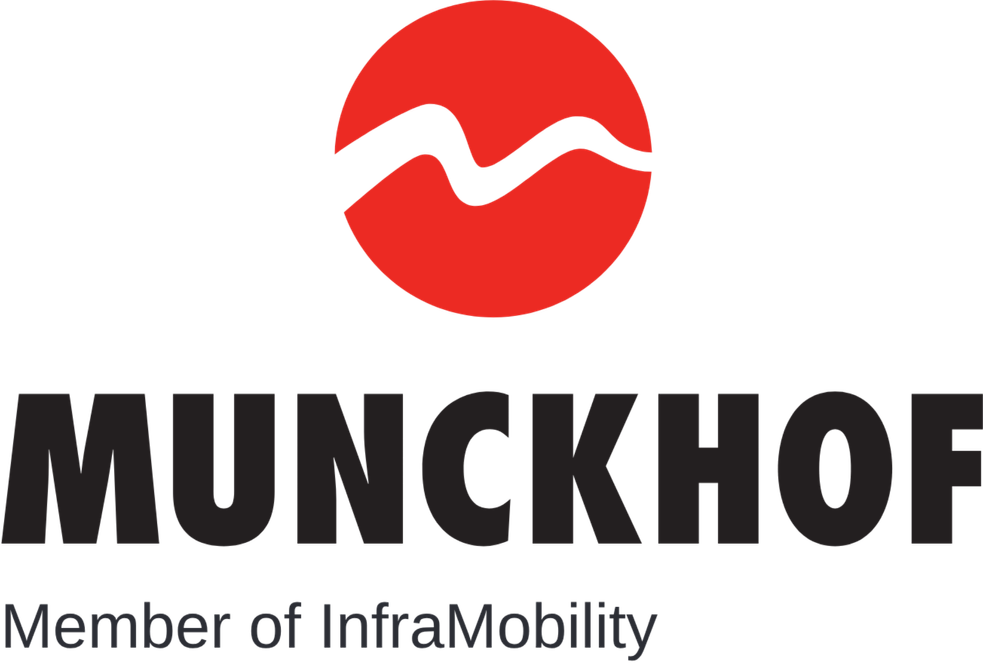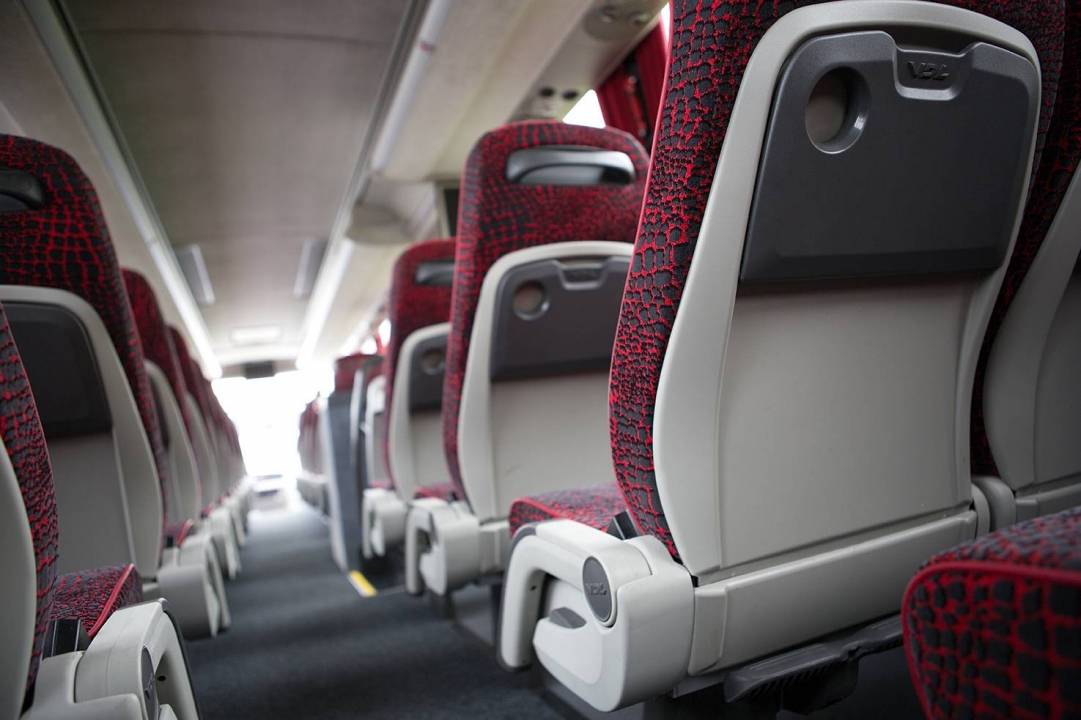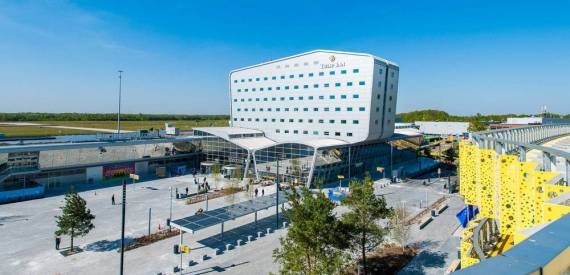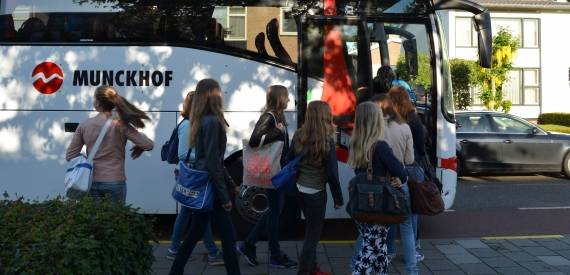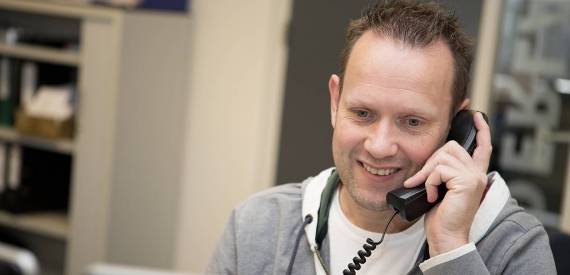Does the future lie in electric coaches?
It's a yes from China!
Both BYD and Yutong believe that 100% electric coach transportation is a feasible goal. However, I honestly didn't expect them to give a different answer, as both companies focus on developing and manufacturing electric vehicles. BYD produces 60,000 electric vehicles a year and would like to increase this number – especially in Europe. However, their reason for wanting to achieve this objective is a practical one. China has a considerable problem with smog in its conurbations; the solution to this problem is to make transport flows as 'green' as possible. If this is achievable in China, there's no reason for Europe to lag behind.
The limitations of electric transport
However, driving with electric transport does have its challenges. Take for example the range of a bus. When buses only drive a short route, the range poses no problem. For example, there are more and more hybrid and electric buses being used in public transport. However, if a bus is to travel for several days, there must be charging points at the right places. Service stations in Europe must also be equipped with maintenance facilities for electric vehicles. Breaking down with an electric bus on a journey through Spain is not an ideal situation if the only mechanic who can solve the issue is based in China. In light of this, European mechanics must receive good training in this area.
Is Euro 6 enough?
Another topic I would like to discuss is the introduction of the Euro 6 emissions standard. Was this not already a big step forward in terms of making transport 'greener'? Electric vehicles are not completely 'green.' Manufacturing batteries, recycling batteries and generating sufficient energy is not exactly environmentally friendly. How does this relate to the restricted pollution from Euro 6 vehicles? To determine whether a vehicle is truly 'green,' we must look at the entire chain. I think we have made extremely good progress with Euro 6.
The future
When looking to the future, I expect the branch to present a mix of Euro 6 and electric coaches. As previously mentioned, an electric coach can be very easily used for public transport in the region, or indeed in projects such as transport at Amsterdam Airport Schiphol, where BYD-built vehicles are already being implemented successfully. However, it will be a couple of years before extended journeys by electric coach become a reality. While waiting, a modern Euro 6 bus is a great alternative.
What is your opinion? What do you think is the best environmentally friendly way to implement transportation services with coaches? I look forward to hearing from you!

Director of Munckhof Techniek
